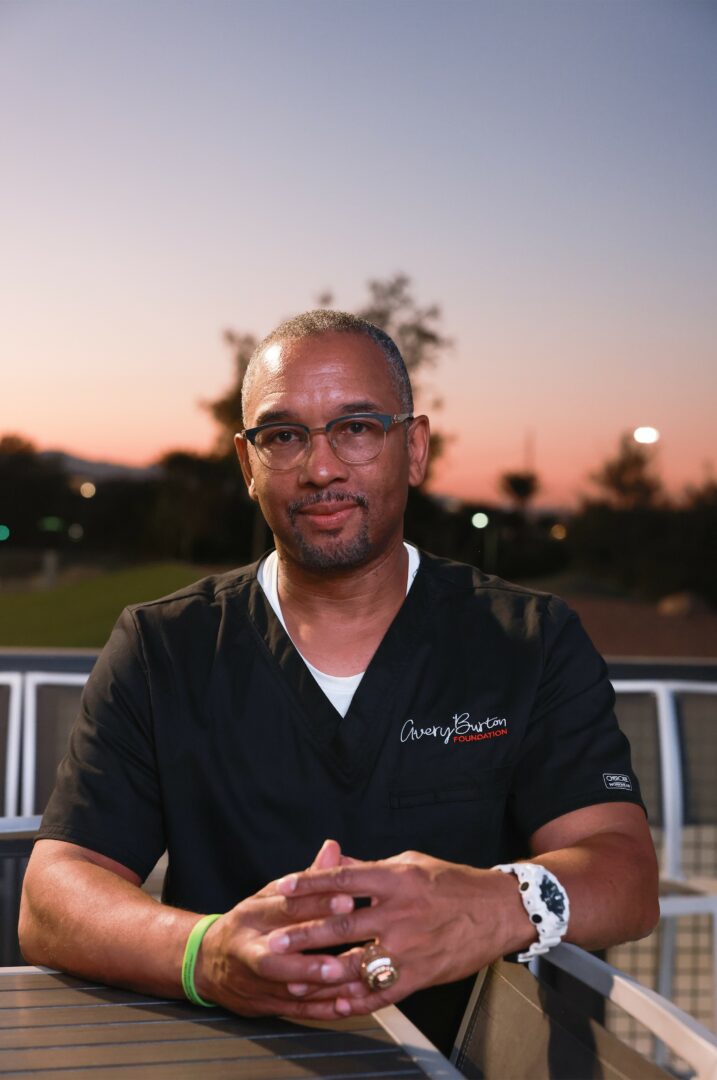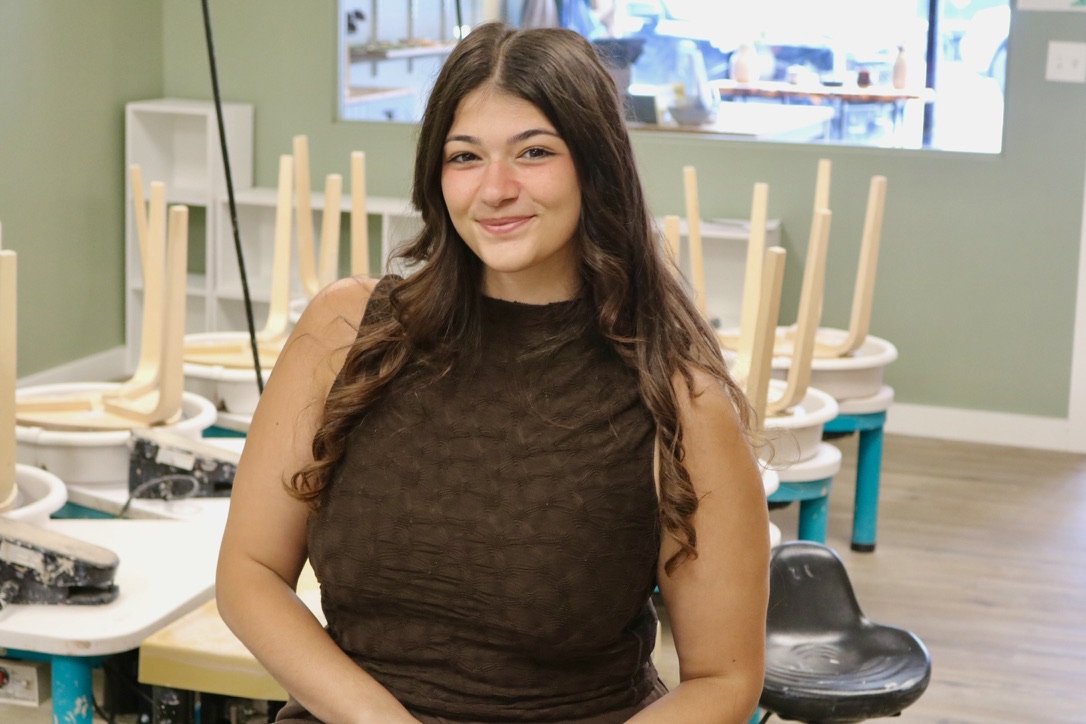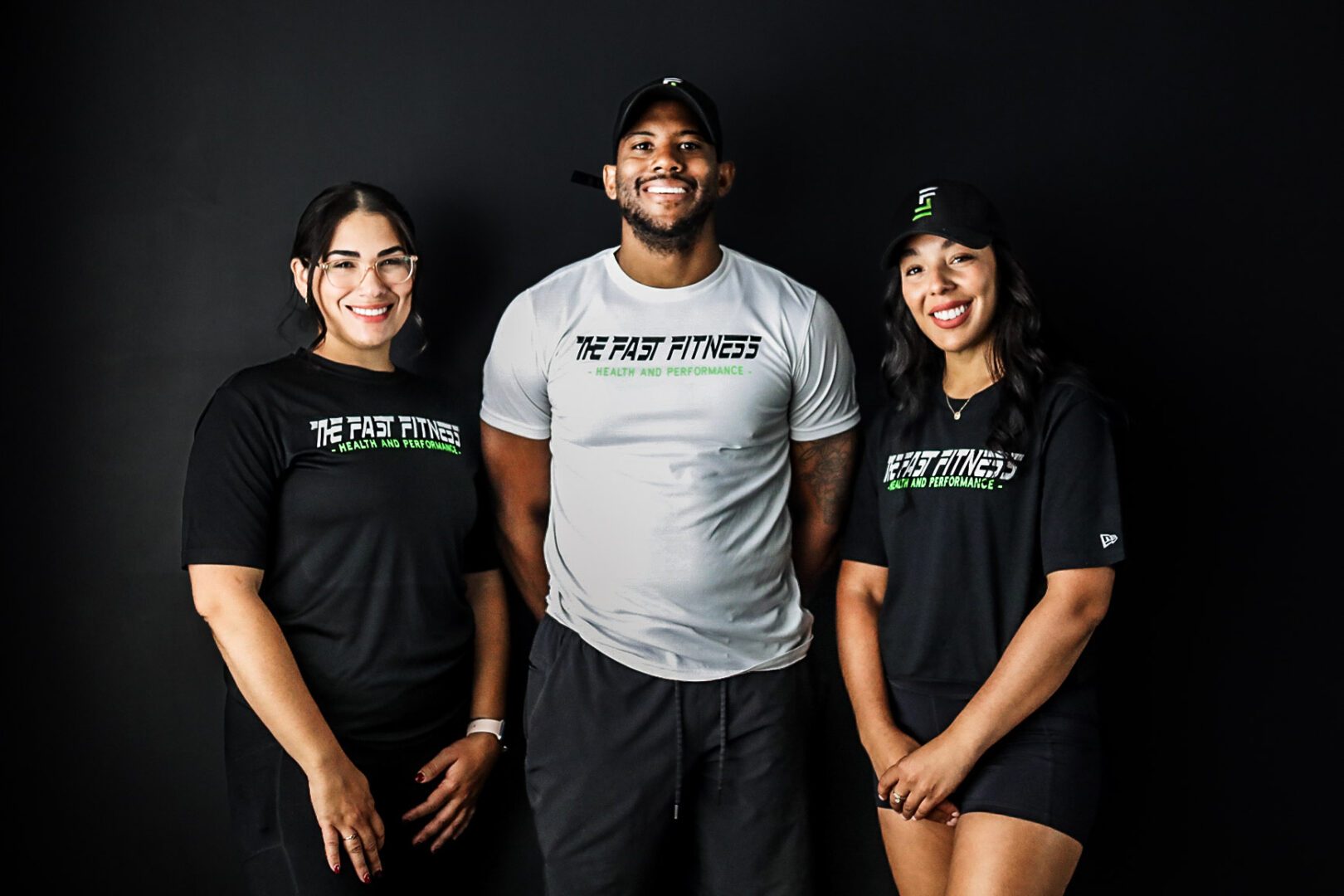We were lucky to catch up with Reggie Burton recently and have shared our conversation below.
Hi Reggie , appreciate you sitting with us today to share your wisdom with our readers. So, let’s start with resilience – where do you get your resilience from?
Merriam-Webster Dictionary defines resilience as “an ability to recover or adjust easily to misfortune or change.” As a practical matter for everyday life, resilience is the ability to adapt to and grow from difficult situations. It’s a skill that can be developed over time.
Using that definition, I suppose one could say that I gained resilience in 2017. In May, my son Avery had recently graduated from college at the University of Nevada Las Vegas. Within a few weeks, the celebration turned into a crisis. Avery suffered a Major Depressive Episode or MDE. It was followed by suicidal ideation and in less than three months, he died by suicide.
Unfamiliar with depression or mental health disorders in general, the situation forced me to become resilient in ways I didn’t think were possible.
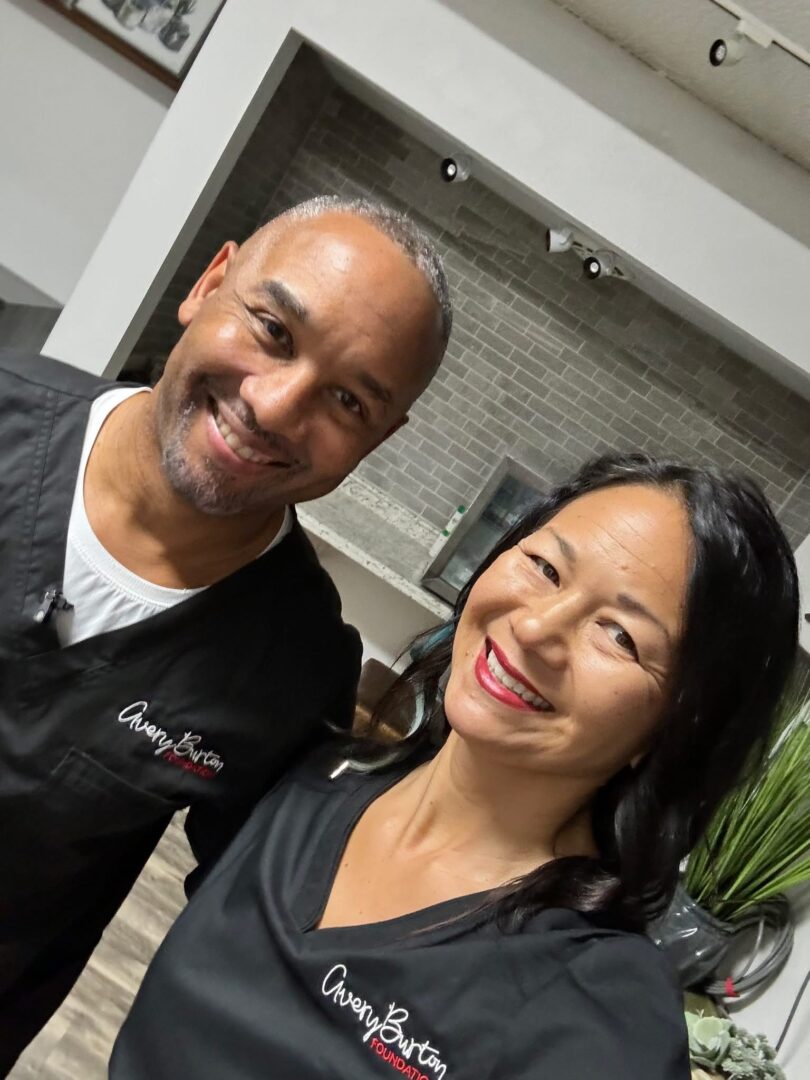
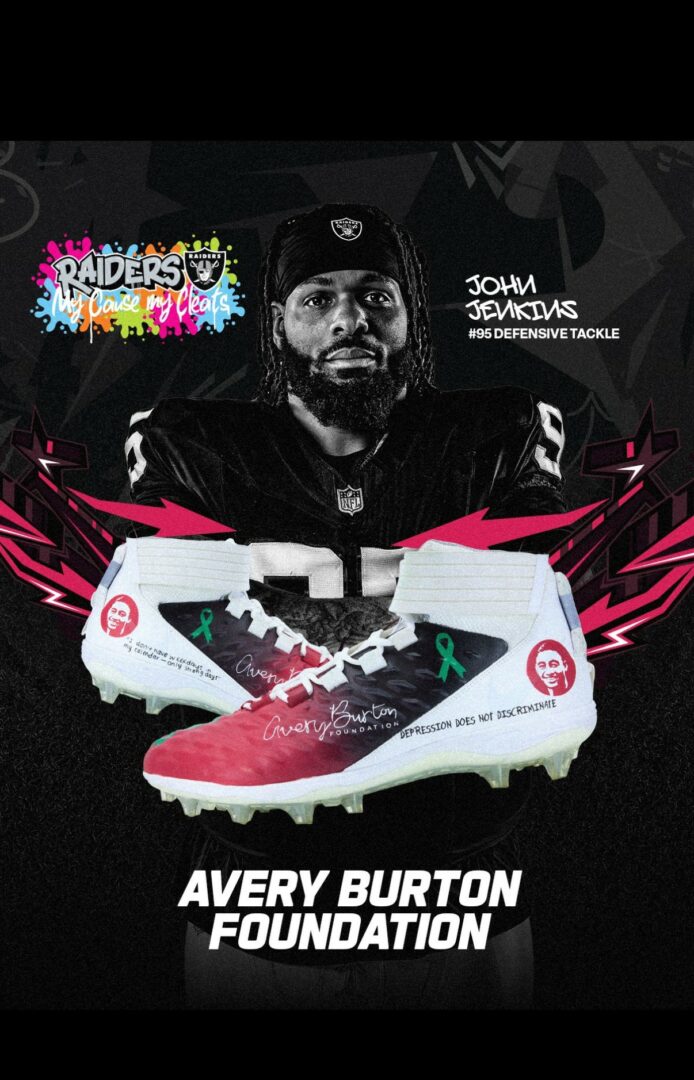
Thanks for sharing that. So, before we get any further into our conversation, can you tell our readers a bit about yourself and what you’re working on?
By day, I run a Las Vegas-based marketing and PR agency, RB Group – Public Relations. We work with some amazing clients in sports, hospitality and, entertainment. A big part of my professional world revolves around crisis communications. In 2018, I founded the non-profit 501c.3 Avery Burton Foundation (ABF) to address issues impacting our communities. I immediately pivoted and began putting my crisis skills to work on ending the stigma around depression.
In my role with the non-profit, I’m focused on mental health outreach and using storytelling as a way to normalize the conversation around mental health and wellness. One of the things I’m most proud of is our ABF Scholarship program. We provide five $1,000 scholarships to high school seniors annually. We get permission from the students to publish their essays, which helps foster valuable conversations about managing adversity and developing resilience.
Additionally, we produce an annual “Hike and Heal” Event and provide Mental Health First Aid Training (MHFA).
I’m excited to share that ABF was recently selected by the NFL’s Las Vegas Raiders for the MyCause, My Cleats Campaign, where players and coaches select nonprofits to wear custom cleats designed by the team/player. Our player champion is veteran defensive tackle John Jenkins. The Raiders and Jenkins made the experience super memorable for our foundation and our supporters.
To warn families about the dangers of depression, I wrote and published a book, This is Depression (Amazon, Barnes & Noble). I’m also a public speaker, often reminding audiences that “Depression doesn’t discriminate” and the importance of Cultural Competency in therapeutics.
Later this year in June, we will be hosting our first annual scholarship gala event on the famous Las Vegas Strip!
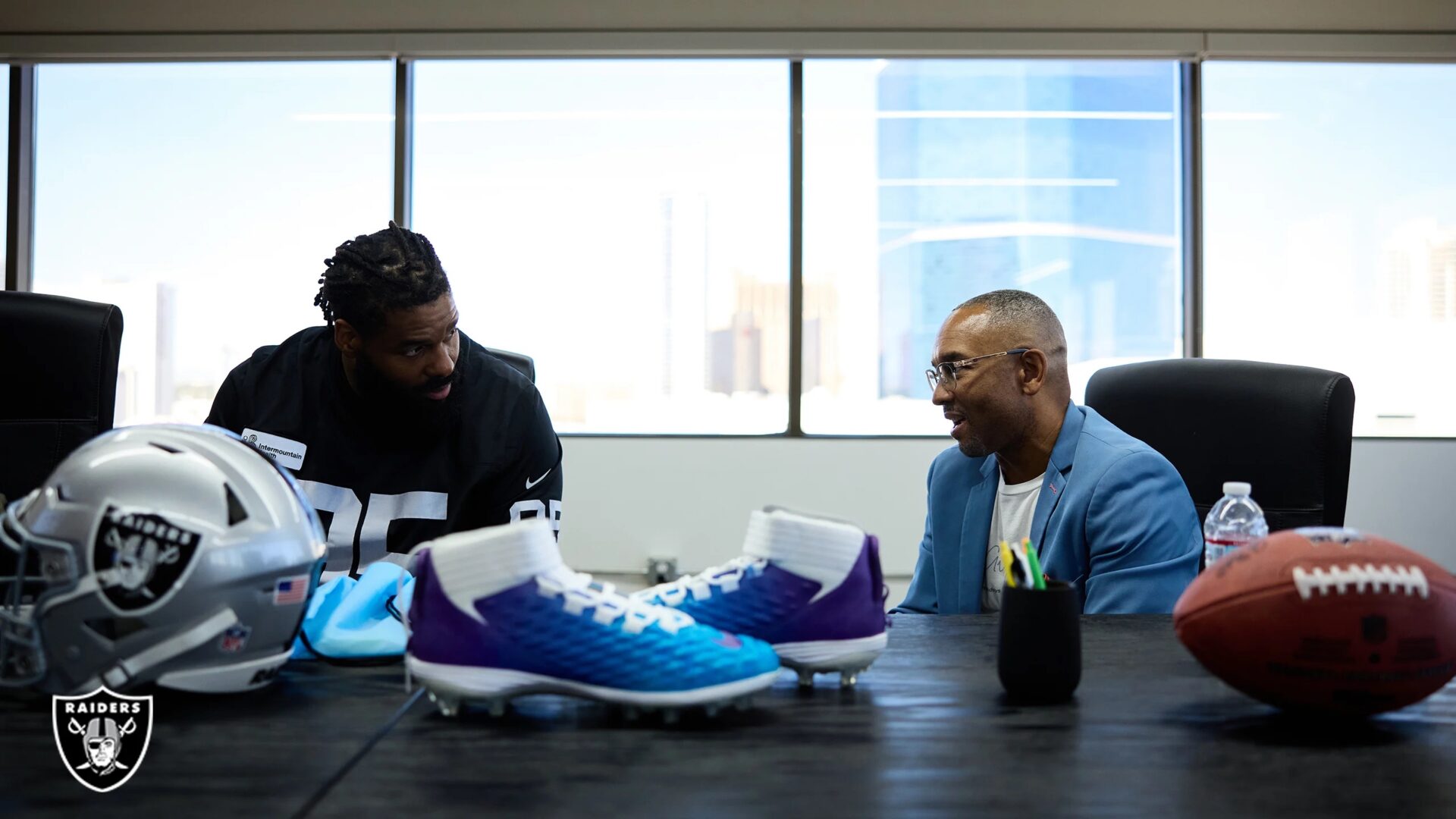
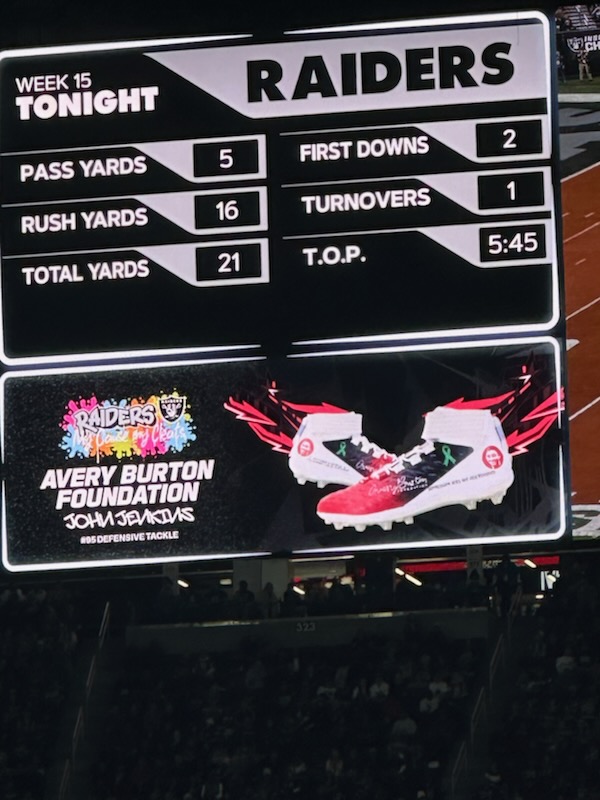
Looking back, what do you think were the three qualities, skills, or areas of knowledge that were most impactful in your journey? What advice do you have for folks who are early in their journey in terms of how they can best develop or improve on these?
A few of the qualities, skills or traits that greatly impacted my grief journey include:
Remain hopeful: We don’t have a choice on when adversity strikes. But we can choose how to respond. Stay hopeful.
Start where you are: As Avery used to say, it’s hard to fix a problem if you don’t know you have one. Start there.
Emotional Intelligence: Learn the techniques for mastering your emotions. Right now I’m reading The Obstacle is the Way by Ryan Holiday.
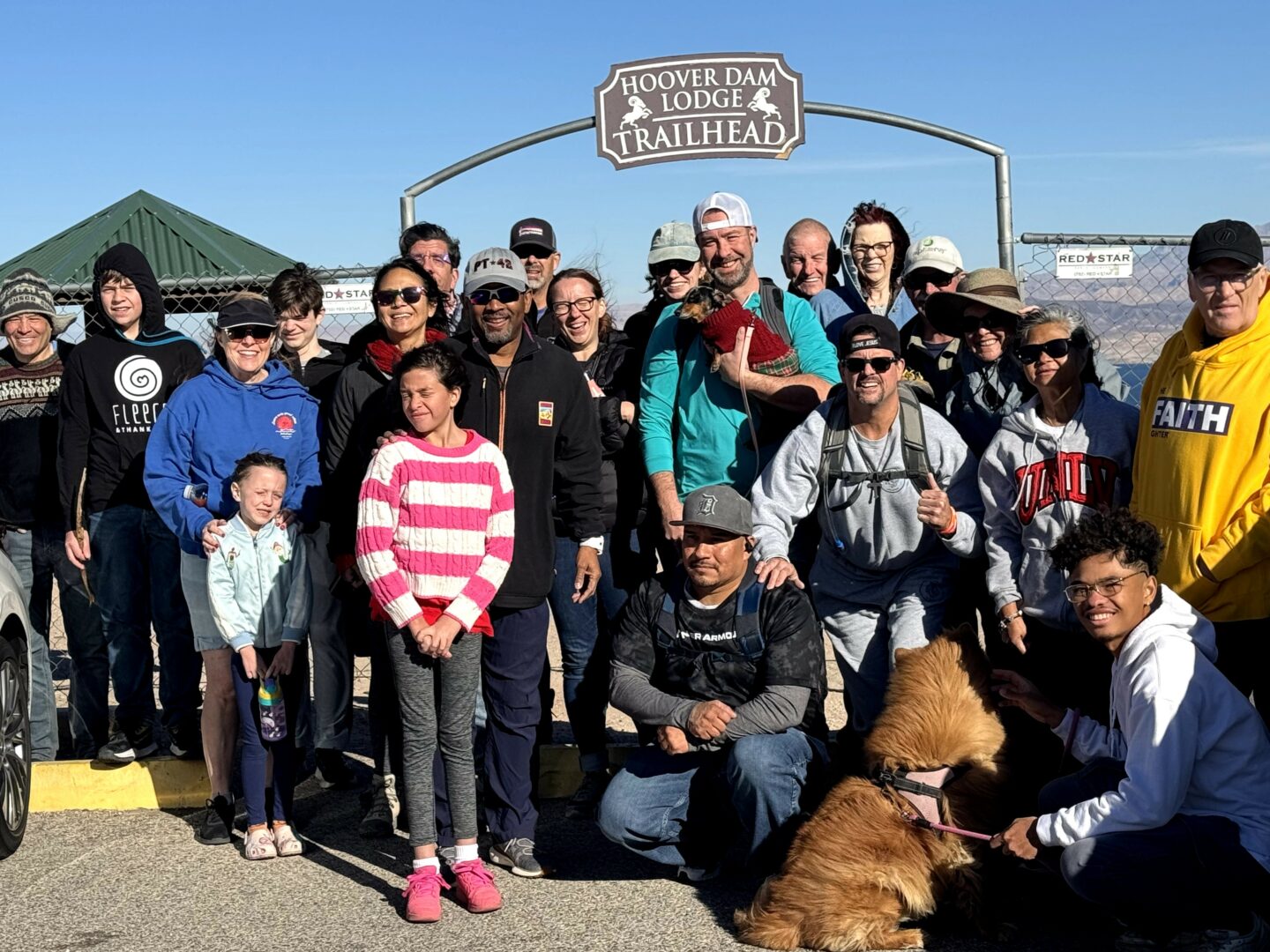
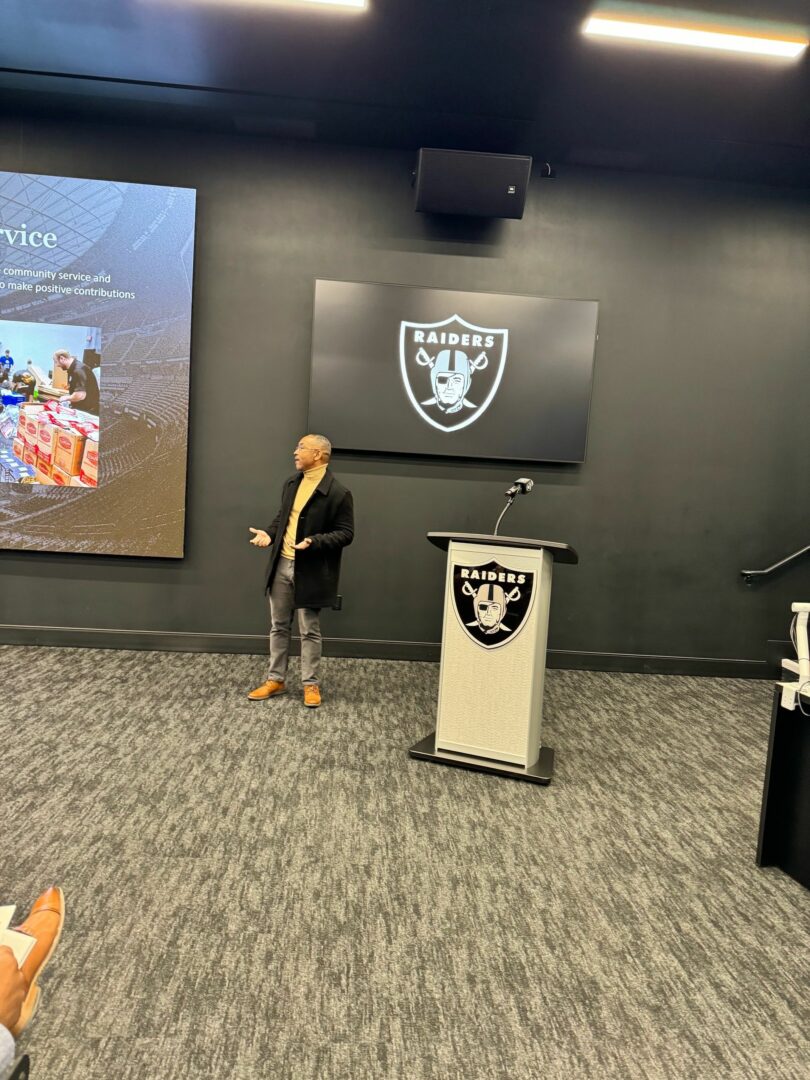
Who has been most helpful in helping you overcome challenges or build and develop the essential skills, qualities or knowledge you needed to be successful?
I’ve done grief counseling and therapy, but my very first MHFA Instructors empowered me to develop a self-care routine that sustains my healing journey. Additionally, MHFA trainers equipped me with the tools to assist youth or adults in a mental health crisis. It’s very similar to CPR but for the brain. By being vulnerable and transparent, I’m able to fill others with hope!
Contact Info:
- Website: https://www.averyburtonfoundation.org
- Instagram: @keepitrealmentl
- Facebook: Avery Burton Foundation
- Twitter: @keepitrealmental
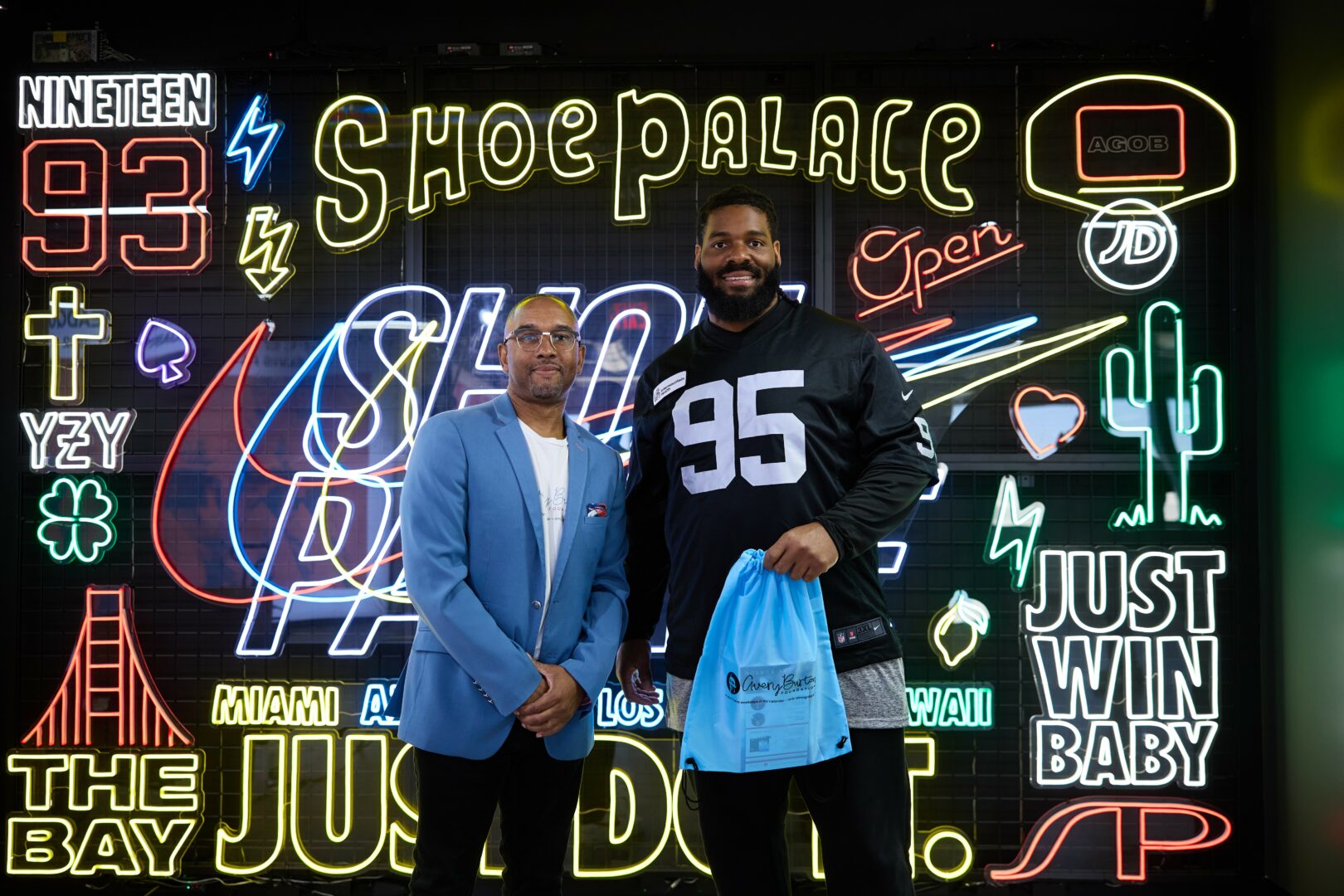
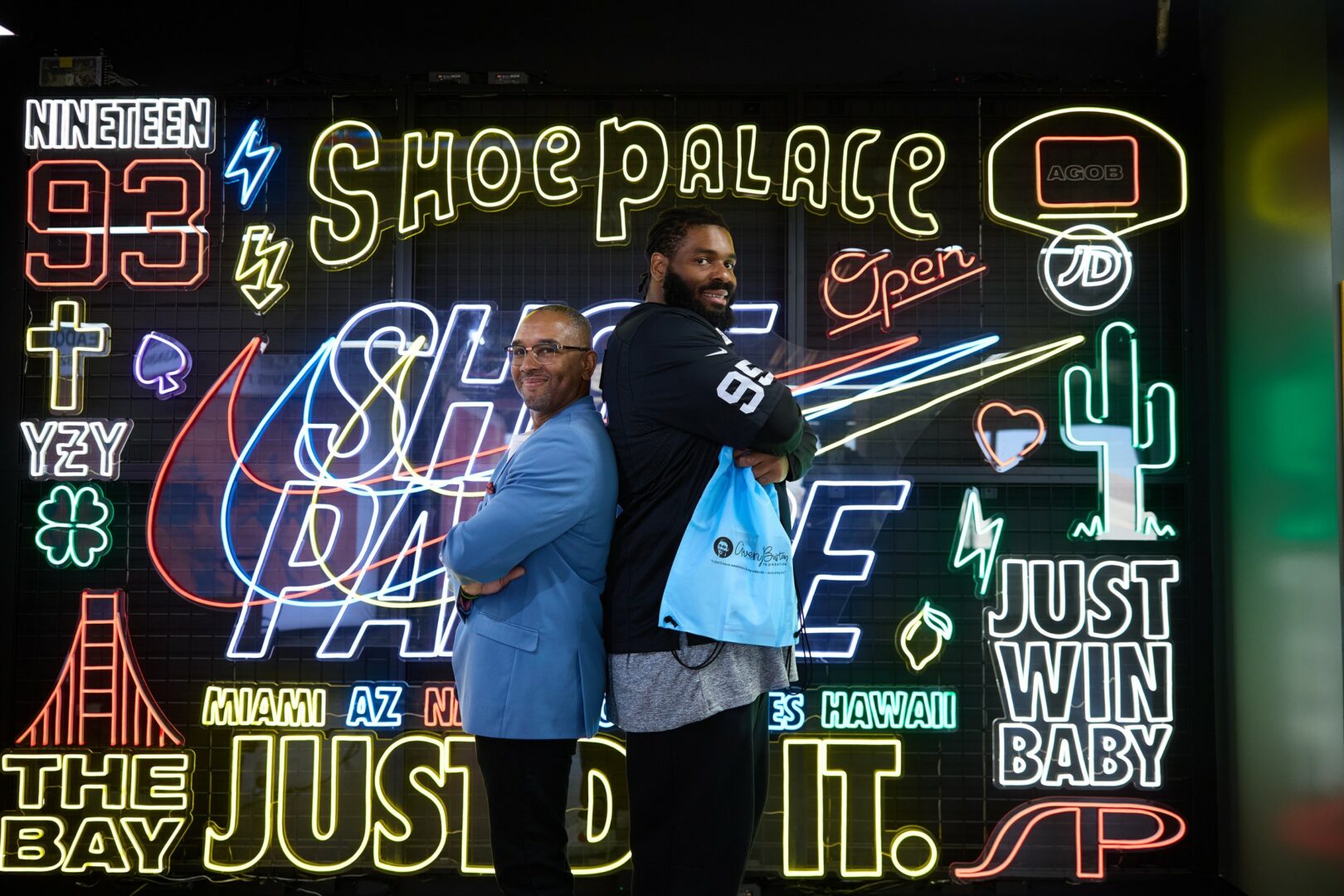
Image Credits
Courtesy of the Las Vegas Raiders and Avery Burton Foundation.
so if you or someone you know deserves recognition please let us know here.

